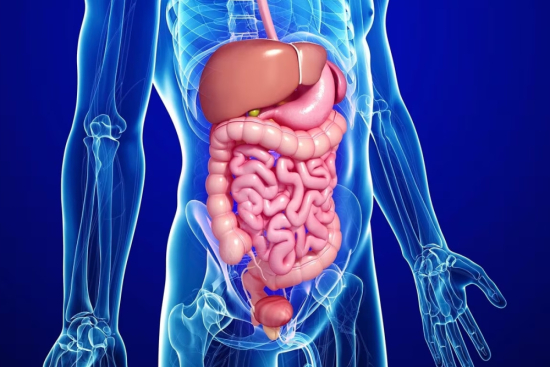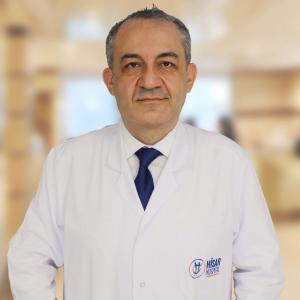Your digestive system works behind the scenes with every meal, every sip, and every moment to keep you feeling energized and well. However, when discomfort strikes in the form of bloating, reflux, or sudden abdominal pain, it's a sign that something needs attention. Gastroenterology can help identify the cause and offer care ranging from simple monitoring to precise, advanced treatments tailored to your unique needs.
In Turkey, gastroenterological care combines expert physicians, cutting-edge technology, and a patient-centered approach. Every step, from consultation to recovery, is tailored to provide clarity, reassurance, and confidence in your digestive health.
Connect with our specialists today and take the first step toward reclaiming your digestive wellness.












